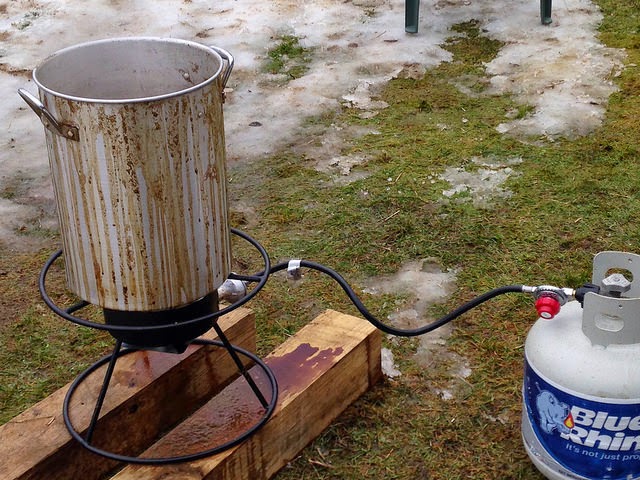Grannyknot
Well-Known Member
My wife has recently admitted that my cooking skills are non existent and anytime I announce that I am cooking something, she dreads eating it. It has gotten so bad that when she doesn't feel like cooking she will often resort to really crappy fast food over my cooking. She says my 2 main problems are over-seasoning, not seasoning at the correct times, and not working off recipes when I should be. I'm even bad at grilling meat, although I am limited by a really crappy gas grill.
Most guys would say no big deal, just let the wife do all the cooking, but I actually enjoy cooking. I make really good tex mex food & have several chili recipes that I do well. But those are all things you can over season and not ruin. I also like to be able to provide some relief in the kitchen at night, when she has had a rough day, or the kids want to hang from her like leaches.
She suggested a cooking course, but that seems like overkill for someone who isn't trying to become a master chef. I'm just trying to pick up on some basics. What do you all suggest? Any you tube channels? books? actual classes?
Most guys would say no big deal, just let the wife do all the cooking, but I actually enjoy cooking. I make really good tex mex food & have several chili recipes that I do well. But those are all things you can over season and not ruin. I also like to be able to provide some relief in the kitchen at night, when she has had a rough day, or the kids want to hang from her like leaches.
She suggested a cooking course, but that seems like overkill for someone who isn't trying to become a master chef. I'm just trying to pick up on some basics. What do you all suggest? Any you tube channels? books? actual classes?



 Sup Buddy
Sup Buddy

